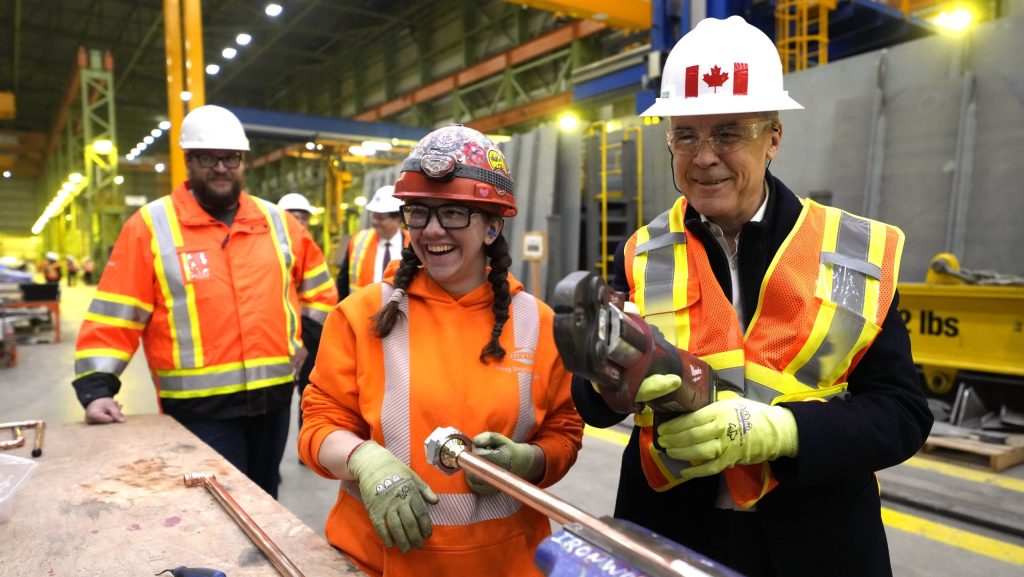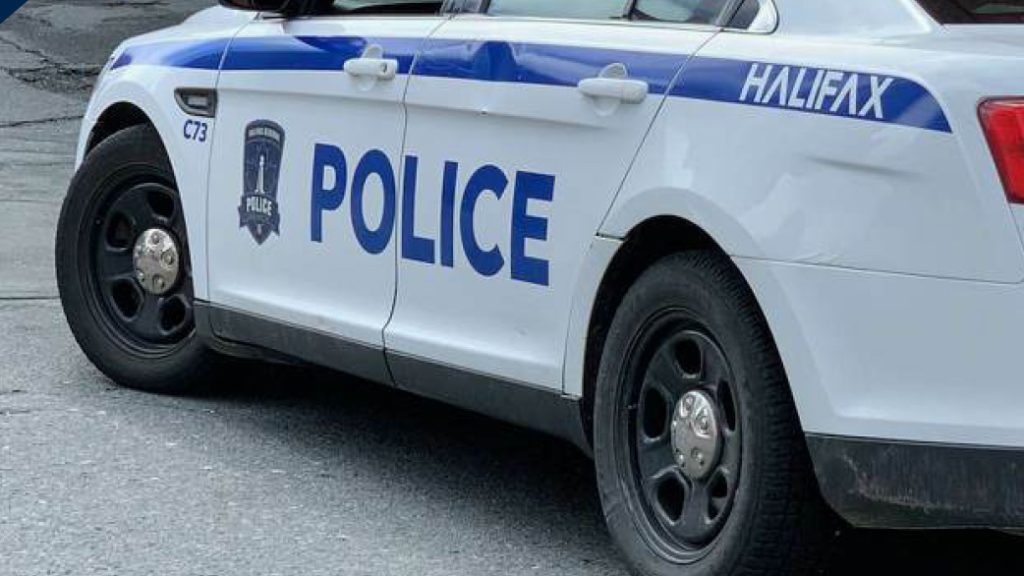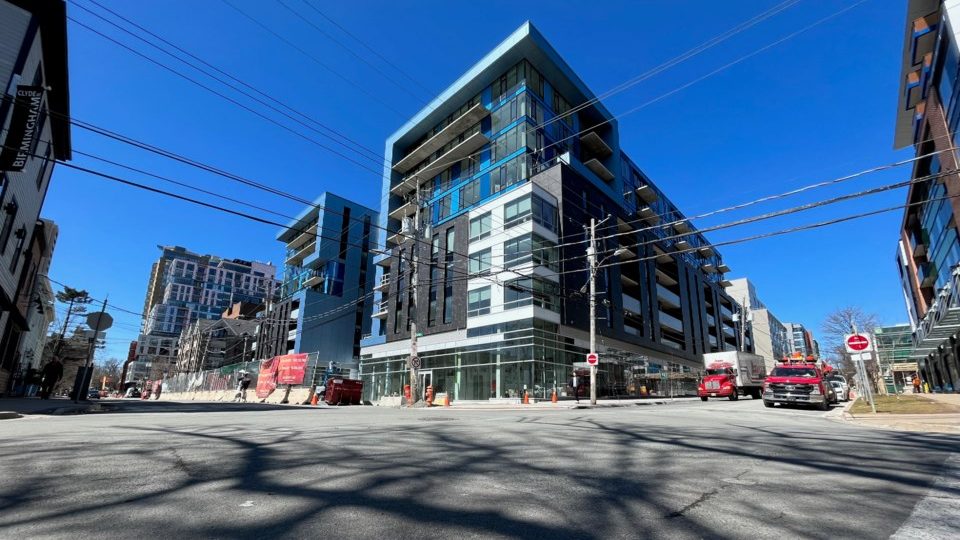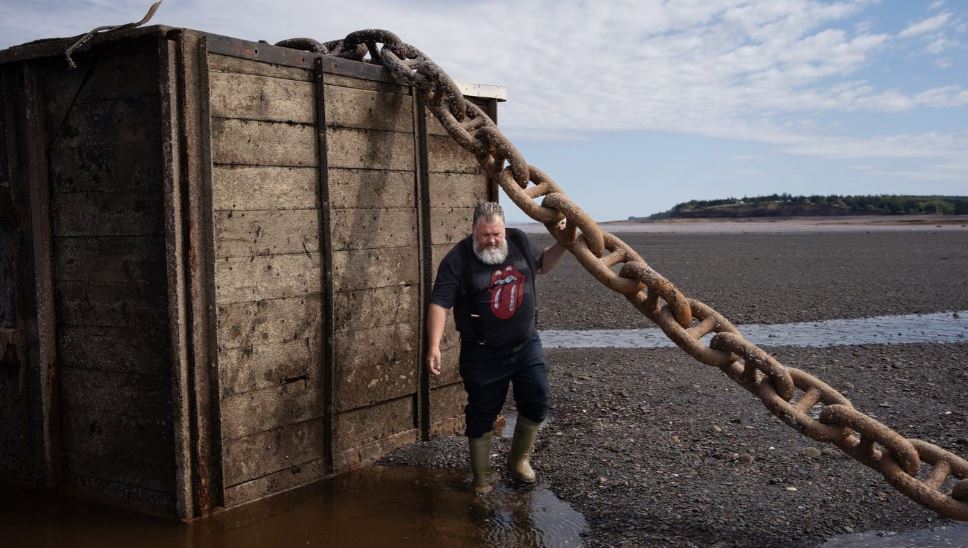UN demands that Lebanon’s forces and Hezbollah militants allow unannounced UN peacekeeping patrols
Posted Aug 31, 2023 04:16:31 PM.
UNITED NATIONS (AP) — The U.N. Security Council on Thursday approved a resolution demanding that the Lebanese military and Hezbollah stop blocking the movement of the U.N. peacekeeping force and guarantee its freedom to operate, “including by allowing announced and unannounced patrols.”
Lebanese officials had pushed to remove a provision in the resolution, first introduced last year, that allows the peacekeepers to patrol without giving prior notice to the Lebanese army.
Hassan Nasrallah, head of the Lebanese militant group and political party Hezbollah, said in a speech Monday that the provision is a violation of Lebanese sovereignty, and that the United States wants the U.N. peacekeeping force “to be spies for the Israelis.”
But the council ignored the request and voted 13-0, with Russia and China abstaining, strengthening last year’s text and reaffirming that under the agreement between the United Nations and the Lebanese government, the peacekeeping force known as UNIFIL “does not require prior authorization or permission to undertake its mandated tasks.”
Israel has repeatedly accused Hezbollah, which is backed by Iran, of impeding UNIFIL peacekeepers from carrying out their mandate. Hezbollah battled Israel to a stalemate in a month-long war in 2006, and in 2019 Israel destroyed a series of what it said were attack tunnels dug under the border by Hezbollah.
UNIFIL was created to oversee the withdrawal of Israeli troops from southern Lebanon after a 1978 invasion. The mission was expanded after the 2006 war so peacekeepers could deploy along the Lebanon-Israel border to help Lebanese troops extend their authority into their country’s south for the first time in decades. That resolution also called for a full cessation of Israeli-Hezbollah hostilities, which has not happened.
Israel’s Foreign Ministry welcomed the renewal of UNIFIL’s mandate until Aug. 31, 2024 and called on the international community “to show a firm stance toward attempts by the terrorist organization Hezbollah to create provocations and bring about an escalation.”
Nasrallah said people living in south Lebanon, where Hezbollah has its center of support and military operations, “will not allow a decision to be implemented despite the Lebanese government’s rejection of it,” although he gave the caveat that they “would not use weapons” against UNIFIL forces.
Last year, a group of armed local residents ambushed a UNIFIL convoy and opened fire, killing an Irish peacekeeper. In June, Lebanon’s military tribunal charged five men with the killing, with a judicial official alleging that all five were linked with Hezbollah. The group has publicly denied any role in the killing.
The resolution calls on Lebanon’s government to facilitate UNIFIL’s prompt access to sites so it can conduct swift investigations including of “all locations of interest,” tunnels crossing the U.N.-drawn Blue Line between Israel and Lebanon, “and unauthorized firing ranges.”
Britain’s deputy U.N. ambassador James Kariuki said the United Kingdom was pleased that the language on UNIFIL’s independent patrols was maintained in the resolution. However, he said, “it is unacceptable that UNIFIL is still unable to access some locations along the Blue Line border.”
Kariuki pointed to sites controlled by the Lebanese non-governmental organization Green Without Borders, which the U.S. imposed sanctions on this month for providing support and cover for Hezbollah operations along the Blue Line over the last decade while publicly presenting itself as an environmental group.
U.S. Ambassador Linda Thomas-Greenfield echoed Kariuki’s demands for access to Green Without Borders sites, tunnels, illegal firing ranges and rocket launch sites.
“It is clear the main purpose of these sites is to facilitate Hezbollah’s operations in southern Lebanon along the Blue Line,” she said, calling on the government to take steps to end any restrictions on UNIFIL’s freedom of movement.
United Arab Emirates U.N. Ambassador Lana Nusseibeh, the Arab representative on the council, said “tensions on the Blue Line are at a level unseen since the 2006 war.”
Over the past year, on a daily basis, Hezbollah “has been making a mockery of Security Council resolutions,” she said. “It has erected concrete military outposts and observation towers, conducted military drills with live fire and prevented UNIFIL’s freedom of movement while brazenly attacking peacekeeping forces.”
Nusseibeh also accused Hezbollah of perpetuating “Lebanon’s myriad crises” including obstructing the investigation into the devastating 2020 Beirut port explosion that killed at least 218 people and wounded 6,000.
She told the council the UAE worked hard in extensive negotiations to demand UNIFIL’s access to all locations and underscored that Lebanon’s government “must meet its responsibilities with regards to UNIFIL’s freedom of movement, which it has been failing to do on several occasions.”
Lebanon’s Charge d’Affaires Jeanne Mrad stressed that the government requested UNIFIL’s presence, saying “these are troops for peacekeeping, not to impose peace.”
She said it was unfortunate that the Security Council resolution failed to take into account Lebanon’s sovereignty and its request that UNIFIL coordinate its movements with the government.
Russia’s U.N. Ambassador Vassily Nebenzia and China’s deputy U.N. ambassador Geng Shuang both said they abstained because the resolution didn’t take into account Lebanon’s request and its sovereignty.
“Having said that, we unswervingly support the activities of the interim force in Lebanon which plays a key stabilizing role under conditions of ongoing tensions on the Blue Line,” Nebenzia said.
__
Associated Press writers Abby Sewell in Beirut and Ilan Ben Zion in Jerusalem contributed.
Edith M. Lederer, The Associated Press








